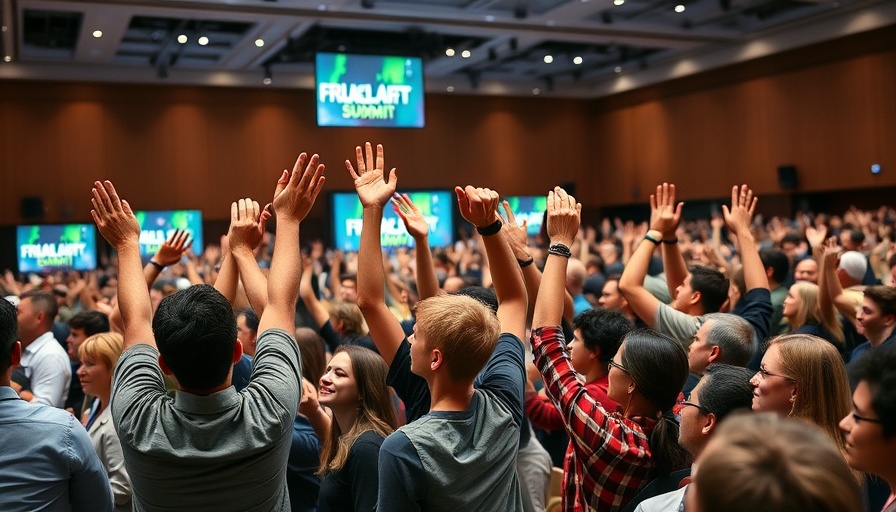
Brazil's Pivotal Role in Shaping Climate Action at COP30
The upcoming COP30 climate summit, set against the lush backdrop of the Amazon in Belém, Brazil, is being scrutinized with great anticipation as civil society plays a pivotal role in shaping future climate policies. The summit, which kicks off in November, has activists hopeful yet concerned about the true extent of social influence as power dynamics, costs, and bureaucratic processes come into play. Brazilian officials are eager to invite participation from diverse groups, yet the real question is how robust this civic engagement will be amidst logistical challenges.
Historical Context: A Shift From Restriction to Engagement
Historically, COP gatherings have often taken place in locations where civil liberties are stifled. Recent COPs were marked by severe restrictions on free speech and public gathering, limiting activists' ability to voice their concerns. For example, COP26 in Scotland faced protests constrained to designated areas, illustrating a troubling trend. Brazil's approach to COP30 differs significantly, promoting a more inclusive atmosphere aimed at amplifying voices from Indigenous communities, traditional peoples, and marginalized groups.
The People’s Circle: Can Togetherness Drive Change?
Among the initiatives designed to foster inclusion is the People’s Circle—one of COP30's Leadership Circles. This group aims to enhance the presidency's ability to engage with various social factions. While this initiative is promising, critics like climate policy expert Stela Herschmann remain wary, questioning how effective these mechanisms will be if they fail to result in substantial changes within UNFCCC negotiations.
Making Trade-offs: Attendance versus Local Action
For many activists, the dilemma lies between allocating resources to attend COP30 or investing in local, impactful projects. Savio Carvalho of 350.org articulates this quandary well: “When we manage to access funds, the question is: should we be physically at the COP, to make sure we’re not forgotten, or should we invest in local actions with tangible results?” This sentiment resonates deeply within civil society, as the sustainability of their movements weighs heavily against participation in the climate summit.
What Lies Ahead: Future Predictions for COP30 Success
With the summit approaching, the urgency for climate action is palpable. Predictions suggest that if civil society can effectively navigate the complexities of participation, COP30 could herald a shift towards a more engaged and responsive climate dialogue. Countries are recognizing that fostering an environment that prioritizes social involvement may yield more commitment and innovative solutions to complex climate issues such as sustainable development and environmental conservation.
Call to Action: Engagement is Key
As we move closer to COP30, it is crucial for eco-conscious individuals and groups to remain engaged and vocal about their demands for action. Understanding the inner workings of this summit, and the ways one can help amplify the voices of vulnerable communities, plays a vital role in shaping environmental policies that genuinely address the climate crisis. By participating, sharing ideas, and advocating for sustainable practices, we can collectively push for meaningful outcomes that prioritize the health of our planet.
 Add Row
Add Row  Add
Add 



Write A Comment